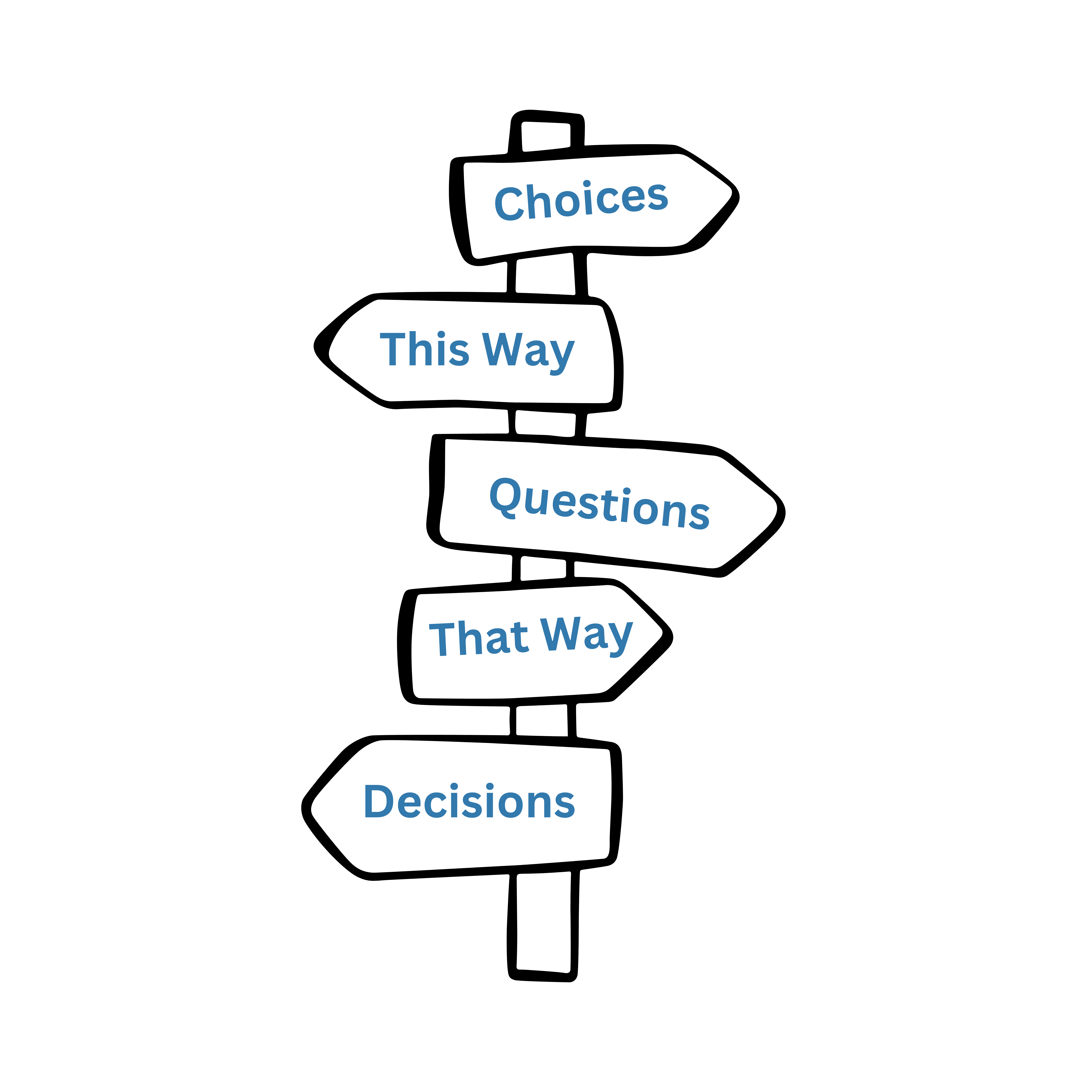Join me...
Sixth Form vs.
College
Hi,
I’m Alix and it’s my mission to help as many of the next generation as possible work in jobs that meet their passion and purpose, making them happy and fulfilled adults and allowing them to reach their highest potential.
Join me in making sure you’re one of them as you take the next step on your career ladder…

Now that you’ve done your GCSE exams, it’s time to look at the next step on your career ladder.
Hopefully you’ve read my article ‘Exploring options after GCSE's’ to confirm that you still want to study the options you chose for GCSEs or have pinned down what changes you need to make to ensure you’re on your right career path.
This article is an offer of virtual mentorship from me to you with hints and tips on the difference between the two so that you’ll be able to make an informed choice on what’s right for you.
Note: when I was at the crossroads you stand at, I had no support or advice about what my next career step should/could be. As a result, I stayed on for sixth form as my friends were and only learnt that college would have been better for me a full two years later!

Sometimes, of course, your next step will be dictated by what career path you’re on and there’ll be no choice to make, but if you need to study for ‘A’ levels to reach your dream job, one of the options you have is whether to stay on at your current school for sixth-form or move your education to a college.
While both sixth forms and colleges are educational institutions, they present distinct separate experiences that will shape you in unique ways.
There are for’s and against’s to most decision in life and this is one area to which this definitely applies. So read on for the differences and make sure the choice is right for you.
Sixth form…
Staying on at your current school for A-levels, gives you the security of knowing what to expect when you enter the school gates.

It goes without saying that you’ll know where the school hall and dining rooms are.
Your journey to and from school will remain the same, so no surprises there, and you’ll (more than likely) know the teachers you’ll be with during the two-year journey.
This familiarity can give comfort, although usually you’re allowed to forgo the school uniform and, at the school I went to, there was a separate building for the sixth form students, providing a general area to study in when not at lessons.
College…
College, on the other hand, means going into an unfamiliar environment, with unknown teachers and colleagues.
Your journey will be different. Today, schools want you to live within walking distance as they stress your carbon footprint, whereas college is likely to involve a longer, unfamiliar, journey and you’ll need to nail this down so as not to be late.
And finding your way around a large college can seem daunting to begin with as well, or you can turn this on its head and view it as an exciting adventure.
Just with these changes, the transition from high school to college can be a pivotal moment in your academic journey, with the addition of significant changes in environment, expectations, and personal growth, the knock-on effect on your maturity can be huge.

Learning environment…
One of the most noticeable differences between school and college is the learning environment.
In school, so far you’ll have followed a structured curriculum designed by the educational board, with set class schedules and a single teacher overseeing multiple subjects. Moving into sixth form, you’ll narrow down the subjects you study for dramatically, perhaps taking just two or three courses. You will have to turn up for classes, then use the ‘spare’ time in between revising.
College, on the other hand, can offer a greater flexibility of courses, allowing students a wider choice, though the responsibility for turning up to lectures is placed solely on you.

This autonomy (the ability to make your own decisions without being controlled by anyone else) demands higher levels of personal responsibility and time management, preparing you for any future learning that you’re likely to face in your later career and, of course, when you start working.
At school you could be with friends you’ve grown up with but at college you’ll most likely have a totally new group of students to study with, both exciting and daunting depending on your personal maturity and attitude.
Remember, a smile is a great equaliser and is translatable at any age and in any language.
Academic expectations…
The shift from school to college comes with heightened academic expectations, ie more is expected of you.
In school, assignments and assessments are typically spread out throughout the year and teachers closely monitor your progress.
In college, students can face fewer assignments, but these carry more weight (ie marks) and demand deeper critical thinking.
Lecturers provide guidance, but it's up to you to engage in independent research and the analysis of information.

This shift fosters a culture of intellectual independence and prepares you for facing professional life, more so than school.
Social dynamics…
Social dynamics also undergo a transformation if you move from school to college.
High school often entails a smaller, tightly knit, community where students have known each other for years.
College, on the other hand, brings together a varying range of individuals from an assortment of backgrounds, living areas and schools, leading to you becoming aware of broader perspectives.
This larger social circle of college encourages greater exploration of interests and identities, promoting personal growth and developing strong interpersonal skills as you meet new people and develop different friendships, with students who are likely to have different interests and experiences, so far, to share with you.

Personal responsibility…
College life gives you a significant increase in personal responsibility.
While school often involves parents or guardians playing an active role in your education, college students are expected to take charge of their own academic and personal lives meaning a forced maturity, ie you grow up quicker.

This newfound responsibility extends to managing your own finances, making important life decisions, and having to seek out support yourself when needed. The teachers you have at college will not have known you for years, having taught you your GCSEs, and, therefore, may not see if you start to struggle with any concept you’re being taught and step in.
Though remember that your peers will be going through the same process, so you’ll work it out together.
This transition into adulthood will equip you with invaluable life skills and cultivate a sense of self-reliance. You’ll find you can do it if only because you have to.
Opportunities for exploration…
College also offers an unparalleled opportunity for academic and personal exploration.
You can delve into specialised fields, join clubs and organisations and pursue internships and research projects which interest you.
This exposure encourages you to confirm your passions and strengths and enforces the fact that they’re right for you, aiding in the development of a sense that you’re heading in the right direction.
In contrast, school can provide a more general education atmosphere, continuing what you’ve already experienced growing up while studying there.

Depth of learning…
In college, there’s a greater emphasis on in-depth learning and critical analysis.
You’re encouraged to question assumptions, engage in debates and explore complex topics.
This contrasts with the more structured and foundational approach of school education.
College learning also promotes intellectual curiosity and fosters the skills needed to excel in specialised fields, whether in academia or professional endeavours.

Preparation for the future…
Both school and college play critical roles in preparing you for your future, but their approaches differ.
School education builds a foundation of knowledge and essential skills and is familiar, providing comfort, while college hones those skills to a professional level and equips you with specialised expertise expanding your knowledge and increasing your maturity.
College also introduces you to real-world challenges, helping you apply theoretical knowledge to practical situations.
School, meanwhile, will offer support by teachers who know you and your personality, while college will be (at first certainly) offering support tailored by just what you tell them rather than what they already know about you.
The diverse experiences and interdisciplinary learning in college contribute to a well-rounded education that empowers you to adapt to an ever-changing global landscape.

Conclusion…
Should you decide college is the right path for you, the transition from school to college will provide a significant leap in your educational and maturity journey.
It entails not only shifts in meeting new people, learning environments, academic expectations and social dynamics but also fosters personal growth, self-discovery, and the development of crucial life skills.
Sixth form at the same school you’ve been at offers comfort and familiarity.
School education lays the foundation, while college education deepens knowledge, hones skills, and prepares you to tackle the challenges of your chosen careers.
Both institutions contribute to shaping well-rounded individuals who are equipped to make meaningful contributions to society, and it may well come down to the simple fact of your own personality and needs.
Embracing the opportunities and challenges of either school or college can lead to a transformative and enriching educational experience.
Just be careful to choose what’s right for you, not follow friends because you don’t know what options are out there.
Whichever route you choose, I wish you good luck!
